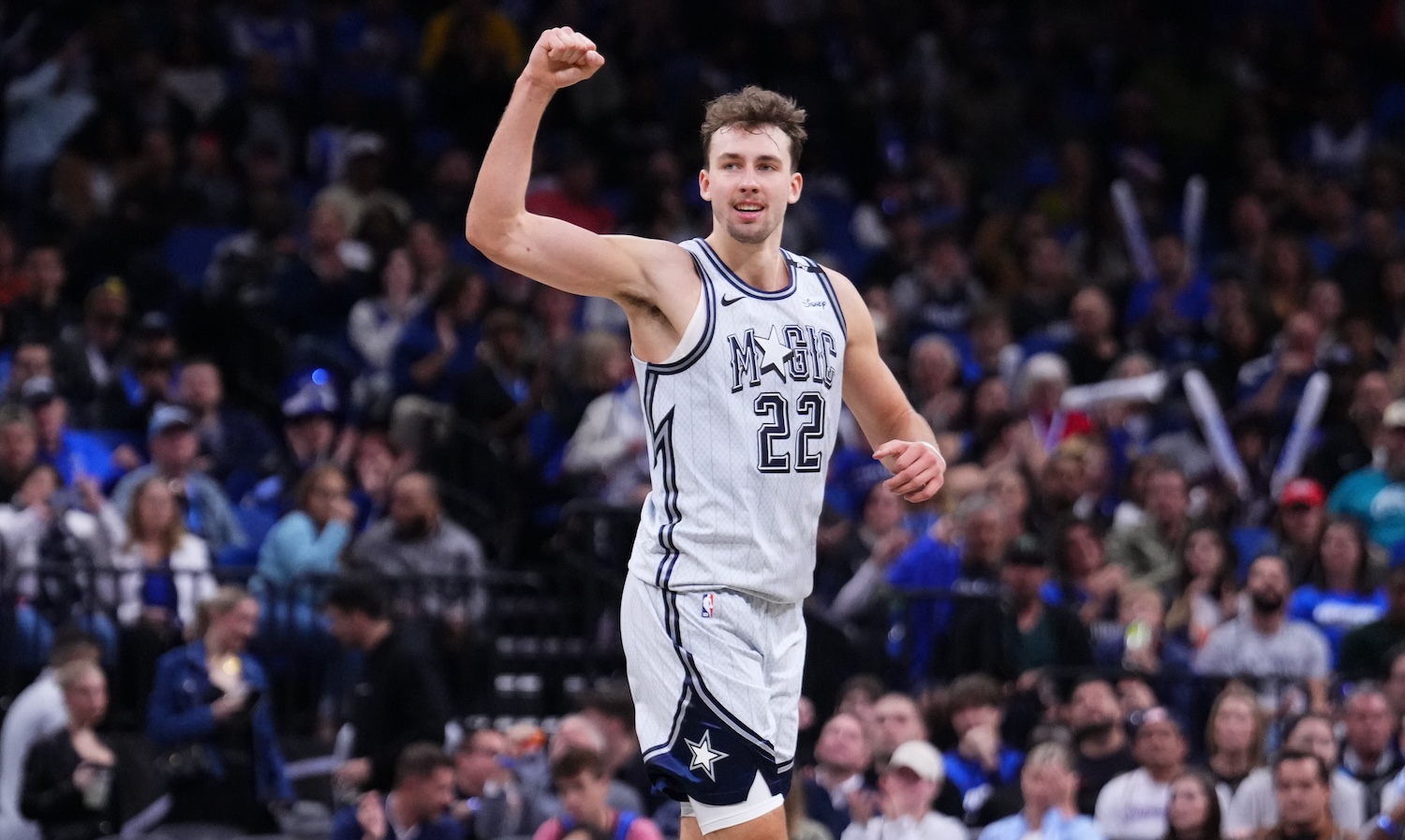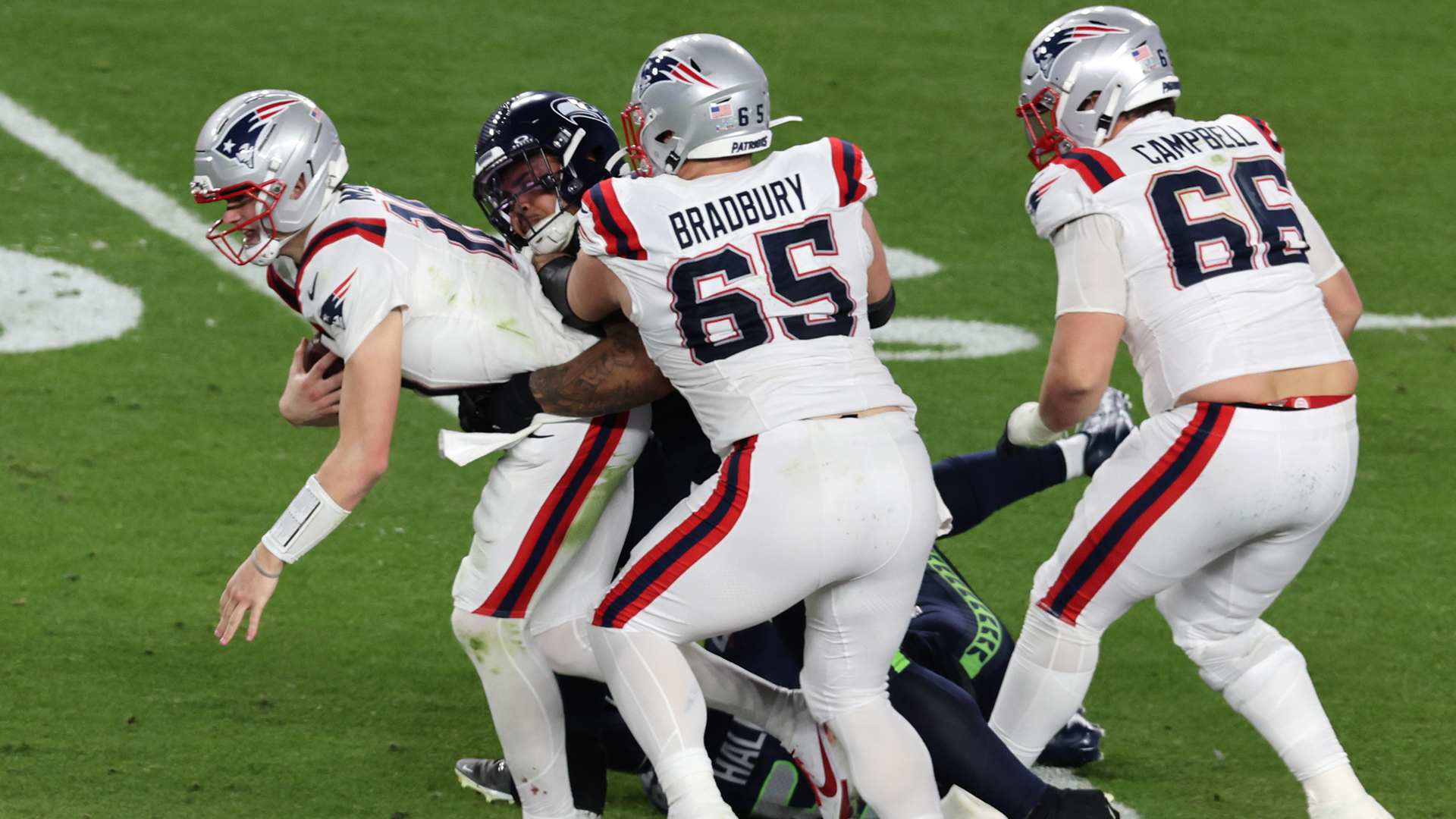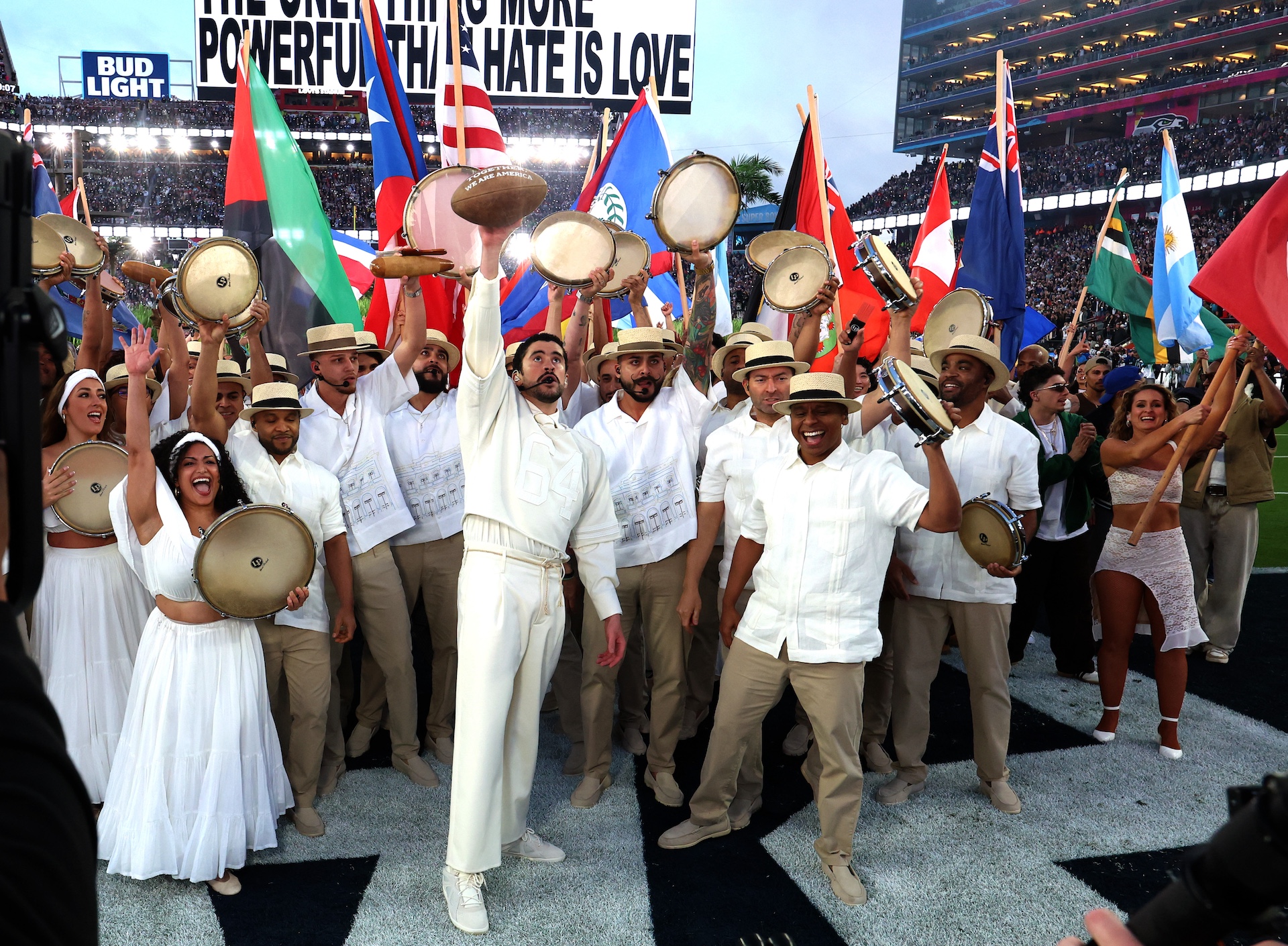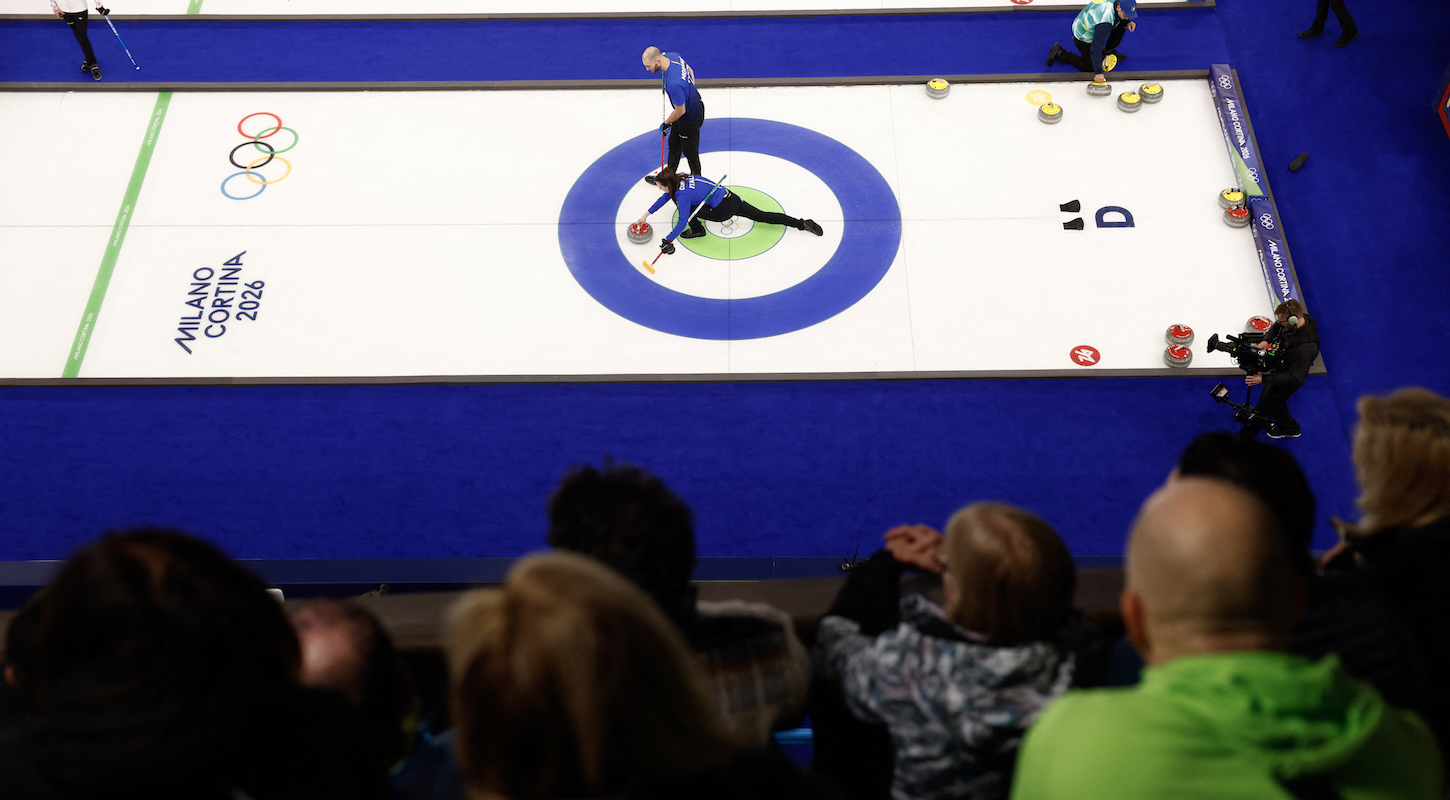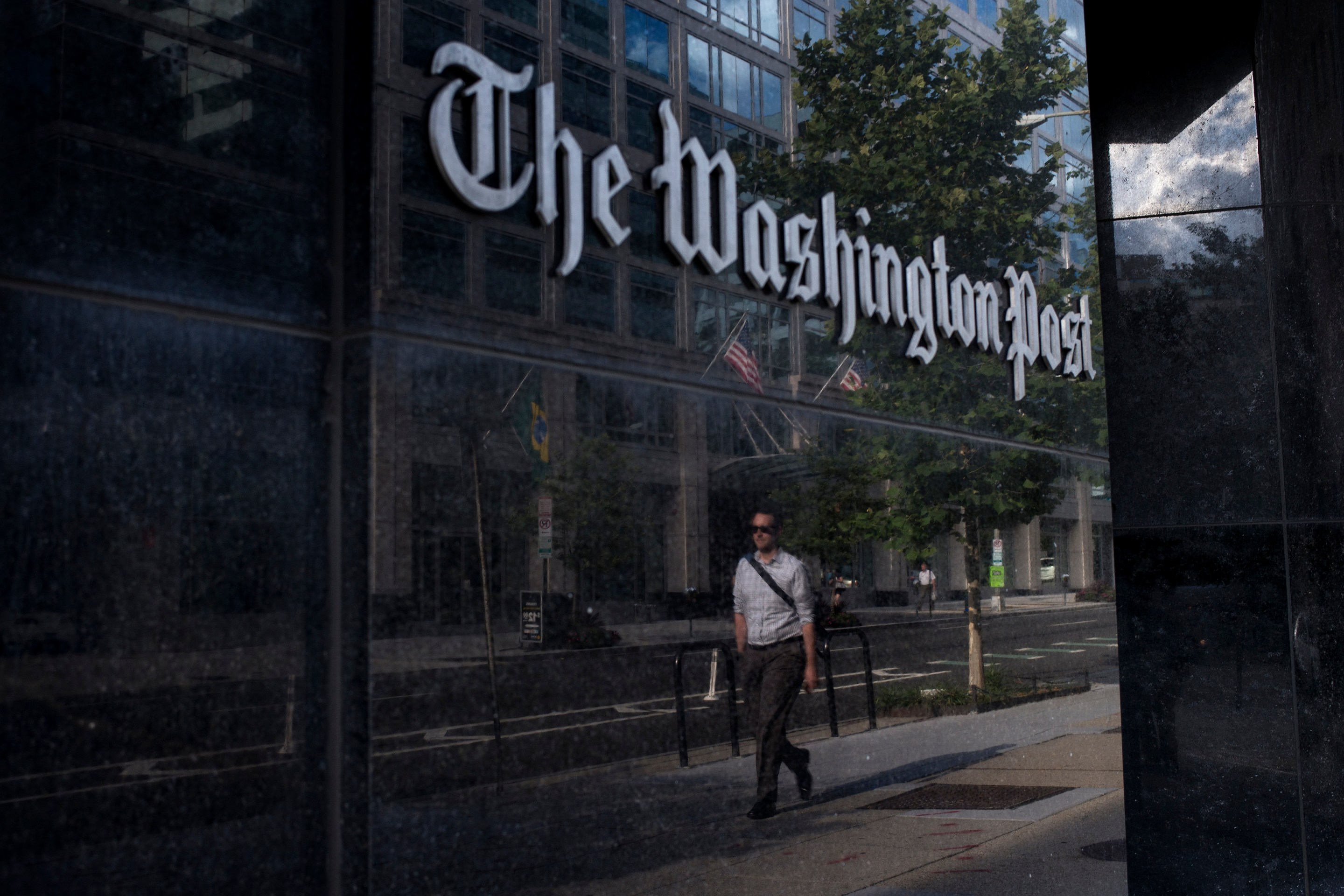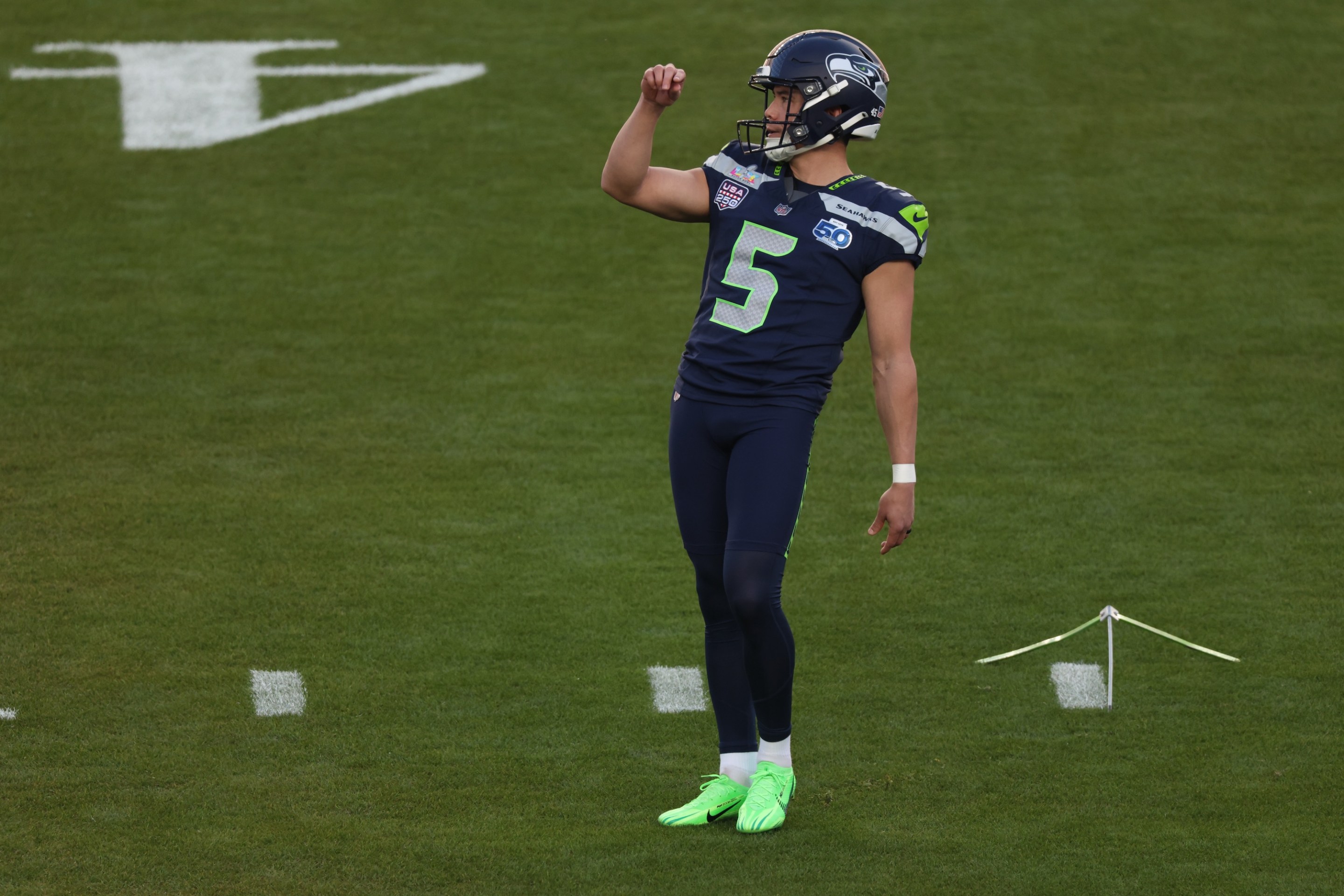A few weeks ago, after a grindhouse 94-90 win against the Pacers, second-year Orlando Magic guard Anthony Black was asked about his team's defensive performance, and he provided a succinct thesis statement on what makes the team special. "It feels good, feeling their frustration with each other," Black said. "Just seeing the looks on their faces is definitely something we talk about. Pressure, relentless pressure. I think that's what we brought tonight, and I think throughout the game that breaks teams down, and when they get to that breaking point, they break." In other words, to play the Magic is to feel pain, to squirm against a force that is trying to constrict you until you turn purple and croak.
And thus far through the young season, opponents have croaked. Orlando is 11-7, third in both the Eastern Conference standings and defensive rating in the NBA. In a conference otherwise populated by mounds of butt, the Magic are the one cool young team breaking out. While would-be contenders in Milwaukee and New York are slowly righting the ship, the young wingspan freaks in Orlando are playing the conference's best defense by a whopping five points per 100 possessions and consolidating last season's breakout campaign, developing into an ambitious team with a clear identity.
But Black's quote, while underlining the no-prisoners defense that makes Orlando so agonizing to play against, also contains a bit of telling passive voice. When he says "they break," he's right, in that the Magic cannot shoot the basketball or score at an efficient clip, especially since they've had to play without their best player Paolo Banchero for three weeks since he tore his oblique in late October. The question with Orlando since head coach Jamahl Mosley took over has always been whether the Magic would be able to gin up an above-average offense without sacrificing their identity. Intriguingly, Banchero's injury has given them the opportunity to show how that might work.
You do not get that luxury, and you do not go 8-1 while your best player sits, without an extremely solid foundation; Orlando's is that opponents are not allowed to dribble the basketball. One theory on modern offense's relative strategic victory over team defense is that spreading the court out and maintaining that space with couple of good shooters around the three-point line forces defenses to prioritize protecting either the rim or the perimeter at the expense of the other. The Magic provide a stunning counterpoint: Opponents take the fourth-fewest shots in the league from both areas, instead being funneled into an endless parade of mid-range jumpers and missing most of them. This is chiefly because of the pressure Black spoke of, applied at the point of attack by him, Kentavious Caldwell-Pope, and Jalen Suggs. Orlando's six-game win streak earlier this month was also a six-game streak of holding opponents to double-digit point totals.
Suggs in particular is a menace. He defends with his hands at his sides in space, preventing anyone from drawing cheap fouls on him and allowing himself easier paths around screens. The fourth-year guard can pick pockets, though the coolest genre of Suggs play is in help defense, which shows how the Magic apply pressure for all 24 seconds.
Observe:
Against most other guards in the league, the above play is an alley-oop. The Mavs run this play all the time, and it works all the time because of the theoretically pristine spacing around the Daniel Gafford–Luka Doncic action. It would be unreasonable for Doncic to expect Suggs to even try to go help out at the rim: Suggs has to wait until Doncic throws the pass to help without opening up the corner, and Gafford is one of the foremost lob threats in the NBA while Suggs plays point guard. But no—he erased that shit.
This is one of the most emphatic examples of the sort of thing the Magic do in help. Help defenders swipe down and produce easy steals all the time, the traditional rim protectors (Goga Bitadze and Jonathan Isaac) they're playing in Wendell Carter's injury absence are extremely stout at the rim, and basically every player in the rotation has above-average positional size. You have to be special to beat the Magic; the only two players who have had great games against them this year are Doncic and James Harden, two genius-level pick-and-roll operators who move so slowly that the game flattens out and simplifies. Try anything too fancy, and the Magic are there to kill.
In the final Magic win before Banchero tore a core muscle and they endured a horrible five-game losing streak, Banchero scored 50 points. He's a rugged player. He's huge and strong and mean, his handle is tight, and he's comfortable shooting and making a bunch of very tough shots. The Magic's issue, as their impressive seven-game first-round loss to the Cavs showed last year, has been that Banchero doing real hooper stuff is the only above-average thing they can do on offense. They run a pretty inoffensive modern scheme that ranked 22nd last year and ranks 25th this year because their floor spacing is totally unthreatening. They are dead-last in the league in three-point percentage and among the worst transition offenses in the game, which is surprising given how many live-ball turnovers they force.
But without Banchero around, Franz Wagner has had the opportunity to develop a bag, and man is it voluminous.
Wagner has been running the show for Orlando, and it's been working. He's always been a good connective passer and smart five-out operator, though in his first few pro seasons he never showed enough on-ball juice—to reliably create good shots for himself and others—to justify anyone thinking of him as a star. Now, he's operating. Watching him drop 37 points and 11 assists on the Los Angeles Lakers was thrilling, as he was flowing, fully convinced he was the best player on the court in a game where LeBron James and Anthony Davis were doing ridiculous stuff. And he was! Wagner scored 15 in the fourth quarter and nailed the game-winning three on an audacious stepback.
If Wagner is this guy, and if he and Banchero can mesh their games together, you can see the vision for this team's metamorphosis from a fun, defensive monster (it almost goes without saying that Wagner and Banchero are both very good wing defenders) that can't shoot its way out of trouble into a legitimate playoff force. Banchero's injury, then, was an unintentionally opportune moment of generative destruction. Sure, the team dropped five straight and could scarcely break 100 points for two weeks, but if that streak preceded the Magic's current high level of play and helped accelerate Wagner's development, it's going to help this team immensely in the immediate and long-term futures.
